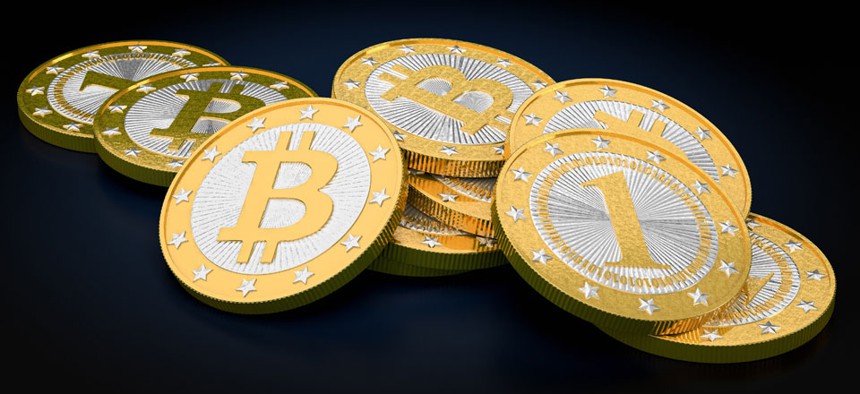Analysis: Why It Doesn’t Matter Who Invented Bitcoin

Lightboxx/Shutterstock.com
Newsweek’s revelation does little to change the trajectory of digital currencies.
First, Newsweek "exposed" the creator of bitcoin. Then the Internet lost its mind.
The magazine published its investigative feature Thursday, claiming that it had, thanks to some intrepid sleuthing, located Satoshi Nakamoto, the mysterious Japanese-American who purportedly invented the cryptocurrency.
"Satoshi Nakamoto" had long been thought to be a pseudonym for a person or group of programmers who in 2008 launched the digital-currency craze with a nine-page paper outlining a "purely peer-to-peer version of electronic cash," which was introduced shortly thereafter.
Newsweek's yarn, which portrays a terse, hermetic man who has chosen to sit on hundreds of millions of dollars in bitcoin instead of cashing in, is fascinating, if for nothing else but a case study in how to awaken the angry, tech-savvy corner of the Internet.
But whether the father of bitcoin is an unassuming libertarian residing in Los Angeles's San Bernardino foothills or some genius kid hacker based in Tokyo likely does little to change the regulatory trajectory of bitcoin and other volatile virtual currencies. Regulators still have to figure out how to oversee the burgeoning industry, the IRS still has to figure out how to tax it, and lawmakers still need to figure out how they feel about it.
"There's nothing more, there's nothing different, they're still saying they have to find a way to regulate it, etc., etc.," said Barrie VanBrackle, a partner at Manatt, Phelps & Phillips who specializes in payments systems.
Knowing Satoshi Nakamoto's real identity also doesn't change the basic regulatory challenge in overseeing the currency—there is no central issuer of bitcoin, which is "mined" by computers as they solve complex math problems, and the currency lacks a network operator, as Federal Reserve Chair Janet Yellen explained last month.
But that didn't stop Reddit, the online community, from predictably pouncing on the story. Users, many of them self-described bitcoin devotees, swiftly questioned the story's veracity and the integrity of journalist Leah McGrath Goodman, with one thread racking up more than 1,500 comments.
"Here you know a guy has a way to securely and semi-anonymously transfer hundreds of millions of dollars AND you have the location and names of all his children," user caducus wrote. "Do you think that maybe you've just made them a target for kidnapping? When someone has made every effort to remain 100% unknown this sort of callous disregard for their safety and privacy just blows my mind."
Another user, pegasaur, chimed in: "Shame that they didn't bother to respect his privacy at all. This article reveals so much about him that he's now easy to find. In just a few minutes on Google, you can get the house up on Google Maps."
To be fair, the concerns shouted from the bowels of the Internet are not so much about the future of bitcoin but about the potential ethical and privacy violations wrought by a publication attempting to revive itself.
But whether Newsweek "doxxed" bitcoin's father or not, his gift to alternative-currency zealots remains intact. And one investigative story isn't about to change that.
Catherine Hollander contributed to this article.
(Image via Lightboxx/Shutterstock.com)
NEXT STORY: Is Smarter Dot-gov Reform on Its Way?






